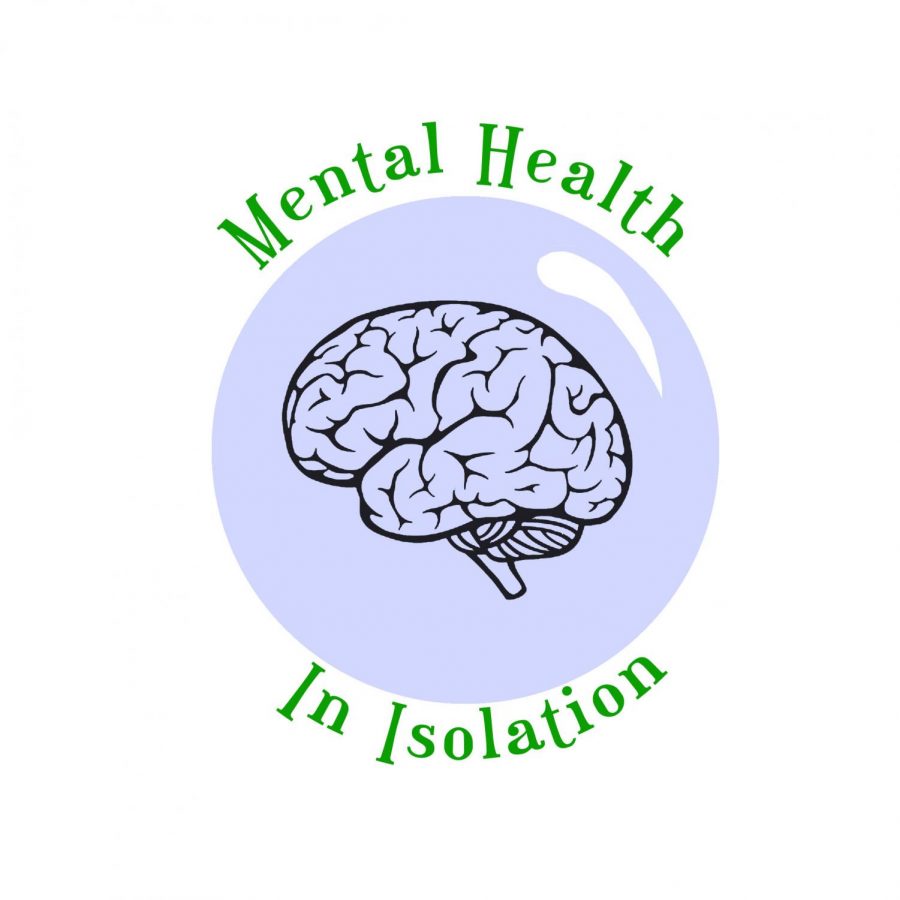Mental health in isolation
Therapy is great way to develop healthy coping strategies
Photo by Bethany Mennecke
Well fellow Blugolds, we have finally made it to the end of the semester. I know firsthand how stressful, yet exciting the end of the semester is.
I can’t wait for school to be over and have some more time to relax, yet I have forgotten about a lot of last-minute assignments, and now I only have a week and a half to finish them.
For my last installment of “Mental health in isolation,” I wanted to end on a positive note and discuss the importance of therapy or counseling.
There is a lot of different kinds of therapy and therapists for the many mental illnesses and disorders that exist.
In every disorder I have researched for this column, therapy was mentioned as a way to help better the disorder or illness.
One very common type of therapy is talk therapy or psychotherapy. According to Healthline, talk therapy is used by psychiatrists, psychologists and therapists.
Talk therapy encourages an open dialogue about issues that may be causing an individual stress.
According to the American Psychological Association, about 75% of people who are in talk therapy experience some type of benefit.
Talk therapy can help with a variety of topics from stress management and relationship problems to depression and anxiety disorders.
Talk therapy can also be used in a variety of situations. Therapists can use this technique for individual, group, couples or family therapy.
In individual therapy, the focus is completely on the client. This can allow for a stronger understanding of the issues the individual has, and more time to develop health coping strategies.
Being in individual therapy can improve communication skills, allow the individual to make healthy choices and develop coping strategies to manage stress.
Another type of therapy is cognitive-behavioral therapy. Therapists will use CBT to treat many disorders such as:
- Anxiety
- Bipolar disorder
- Depression
- Eating disorders
- Substance abuse and addiction
- Obsessive-compulsive disorder
- Phobias
- Post-traumatic stress disorder
In CBT, the therapist will guide the sessions with a focus on how the individual thinks about how they feel and the actions they take.
There is also online therapy, which has been more common during the COVID-19 pandemic.
Online therapy allows the individual to meet with a therapist from where they may be and gives the individual freedom to choose how they want to contact their therapist, such as over the phone or a video call.
I know of some people who are concerned about the effectiveness of online therapy, but according to this 2014 study, internet-based therapy for depression was equally helpful as in-person therapy.
Therapy helps individuals confront issues and serves as a great way for many to develop healthy coping strategies.
For tips on finding the right therapist, click here. For ways to find affordable therapy, click here.
Olson can be reached at [email protected].

Grace Olson is a fourth-year journalism student with a sociology minor and a WGSS certificate. She loves to explore Eau Claire, read, find new music and spend time with her friends and family! Grace will be graduating this December and while excited to finish up school, she is sad to say goodbye to The Spectator.


Lisa Lee • May 4, 2021 at 11:11 pm
I believe every person should try therapy at least once. It is important to find the right therapy and therapist for you. It is a blessing during the pandemic that we have alternatives to in-person! Thank you for that information!